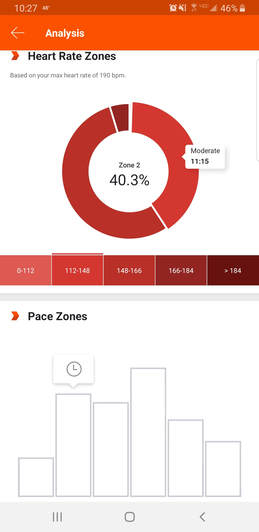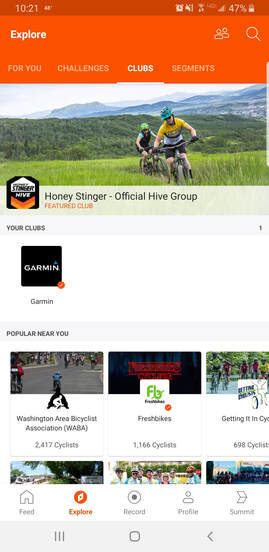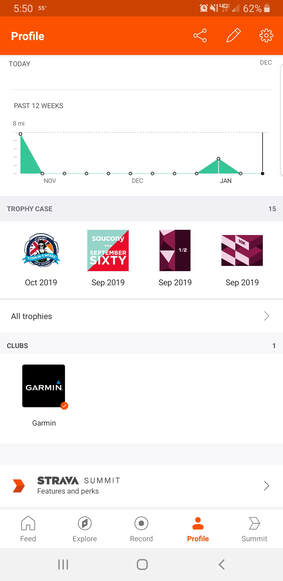 Eric Sikorski, Ph.D. - Director of Programs & Research Eric Sikorski, Ph.D. - Director of Programs & Research Happy (belated) Quitters Day 2020! According to research conducted by Strava, January 19th 2020 is the day when people will likely give up on their New Year’s fitness resolutions. Maybe good news for those annoyed by packed gyms, sidewalks, and exercise classes but not so good news for those who vowed “this will be the year”. What may be even more interesting than this pinpoint prediction, however, is who made it. Strava is a mobile fitness app created specifically for the endurance sports of cycling and running, though it can track many different exercise activities. Strava strives to set itself apart in a crowded field of health and fitness apps by being part exercise tracking and analysis, part social networking, and part competition inducing. With these elements, can the very company that predicted exactly when people will give up on their New Year’s fitness resolutions also hold the key to helping people stick with them? Tracking and Analysis Like many fitness apps, Strava has built-in features to track and measure performance. While these can help monitor progress relative to goals, it does not guarantee you will continue to lace up your running shoes after January 19th. Much depends on users setting appropriate goals then getting feedback and seeing progress relative to those goals. Also, each analysis does not mean much if considered in isolation. Ideally, users would piece all the data together to better understand their performance and adjust to maintain or improve. This can be difficult even for a seasoned endurance athlete. Social Networking Self-descried as “the social network for athletes”, Strava allows users to ‘follow’ each other, give kudos (similar to likes on Facebook) and leave comments on other’s activities. Being accountable through sharing seems advantageous when it comes to self-improvement. Joining clubs on Strava allows users to be part of a larger community that can provide support and inspiration. A note of caution about this feature on any fitness app is that upward social comparison may motivate some to push beyond their perceived limits while it may lead to feelings of inadequacy in others, especially for those just getting into a fitness routine. Competition Strava allows users to compete with themselves (e.g. beating last week’s time) and with other Strava athletes while gaining recognition, such as virtual trophies, for achievements. This may appeal to accomplished endurance athletes who are able to chase records and show-up their friends. It may have less appeal for those who are just getting started with little hope of making a leaderboard. While gamification in fitness apps can be extrinsically motivating, its ability to compel users to power through tough workouts and form long-term exercise habits remains a question. What do you think? Do fitness apps with features like Strava have the right formula to get people through Quitters Day and form long term exercise habits?
0 Comments
Your comment will be posted after it is approved.
Leave a Reply. |
AuthorsThese posts are written or shared by QIC team members. We find this stuff interesting, exciting, and totally awesome! We hope you do too! Categories
All
Archives
June 2024
|




 RSS Feed
RSS Feed